Beware the words “liberty” and “liberation.” There are no end of evils committed in their names.
Wednesday, according to Donald Trump, will be America’s Liberation Day, as citizens are freed from the yoke of free-ish trade. That is the day that importers who have been showering US consumers with cheap goods will be slapped with punitive tariffs.
So far, the only thing that US consumers appear to have been liberated from is their money. Stock markets in the US and around the world have suffered a slide as markets digest the implications. They do not like what they foresee, which is the prospect of the golden years of globalization going into reverse. While the President looks forward to jobs returning to America as native producers find themselves better able to compete, and overseas manufacturers are incentivized to open factories in the US to supply that market, history points to negative consequences overall.
That was what happened, for example, in 2002 when George W. Bush imposed tariffs on steel imports to the US. He had his eye on protecting the steel industry and rather less on the many US manufacturers who used steel as a raw material and who saw their costs increase sharply as a result. A US government study the following year concluded that not only had the tariffs damaged steel-consuming industries, but they hadn’t much helped the steel industry either— not least because of retaliation by other countries. US share of global production fell from 12.4 percent to 10.2 percent while the tariffs were in place. Thirty-one steel plants closed, with one in ten workers losing their jobs. The overall effect on the US economy, concluded the International Trade Commission, was to reduce US GDP by $30.4 million. The commission made similar conclusions after steel tariffs were imposed by Trump in his first incarnation as president. It concluded that steel-consuming industries were left $3.48 billion worse off as a result of the tariffs.
It is still not clear what Trump’s game is this time around. In his first term, he seemed to be using tariffs, and the threat of tariffs, as a tool with which to press for greater trade liberalization. Having imposed what he regarded as retaliatory tariffs, he then appealed to leaders at the G7 summit: “Why not go to zero tariffs?” This time around, it is a lot less certain what he is up to. He has not made any suggestion that he ultimately wants freer trade, at least not yet. On the contrary, he has described “tariff” as the most beautiful word in the language, after “God,” “love” and “religion.” He seems more interested at the moment in using tariffs as an extra revenue stream for the US Treasury, a way of filling the coffers without levying taxes on US citizens – although US consumers do, of course, pay indirectly.
Advocates of free trade possibly obsess a bit too much about tariffs. Modest levies of, say, 5 to 10 percent would run alongside other spending taxes, acting as a source of revenue without doing too much to push up prices. It is punitive tariffs that are the problem, along with non-tariff barriers – regulations that often pose as health and safety laws but which, at heart, are designed to keep out imports. The EU’s ban on chlorinated chicken is a prime example. Given that Europeans happily eat salads that have been washed in chlorinated water, it is hard to work out why they are so afraid of poultry treated in the same way.
If Trump’s tariff wars are a shock tactic designed to force the removal of those kinds of trade barriers, good may yet come of them. But for the moment, it has to be said, there is scant sign that Trump really has an endgame of encouraging freer trade. Markets can only see misery ahead.










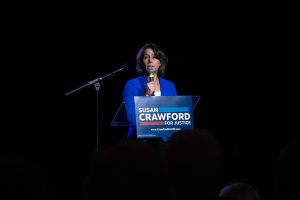
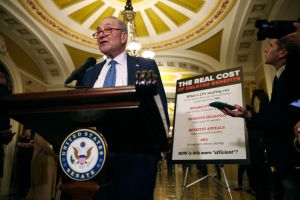
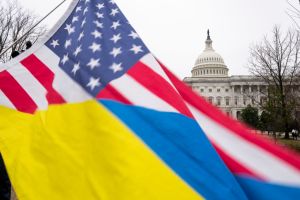
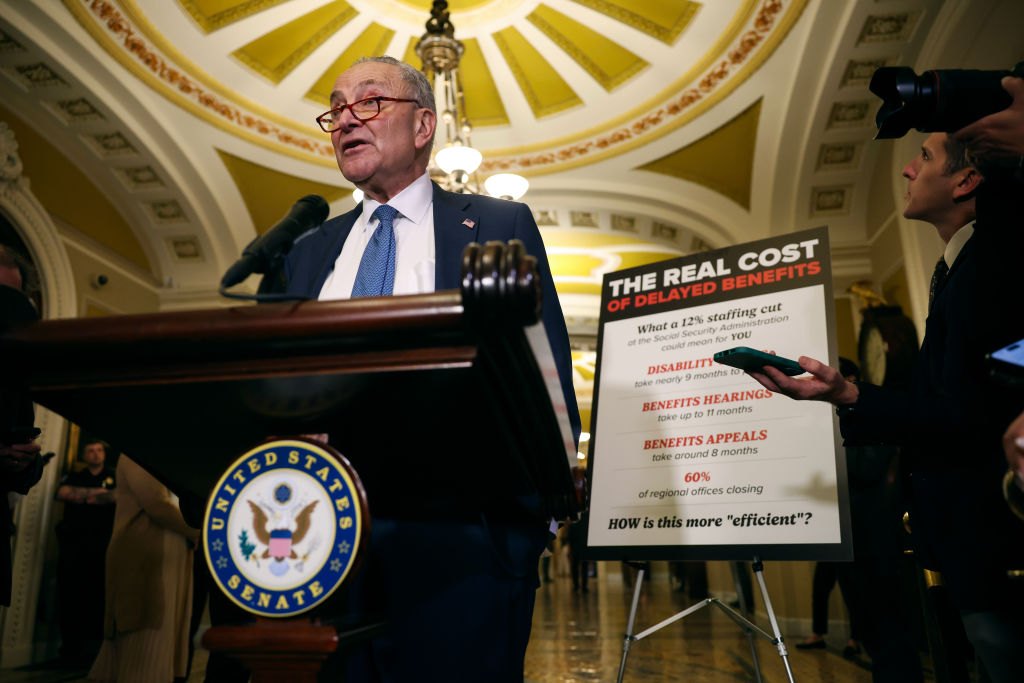
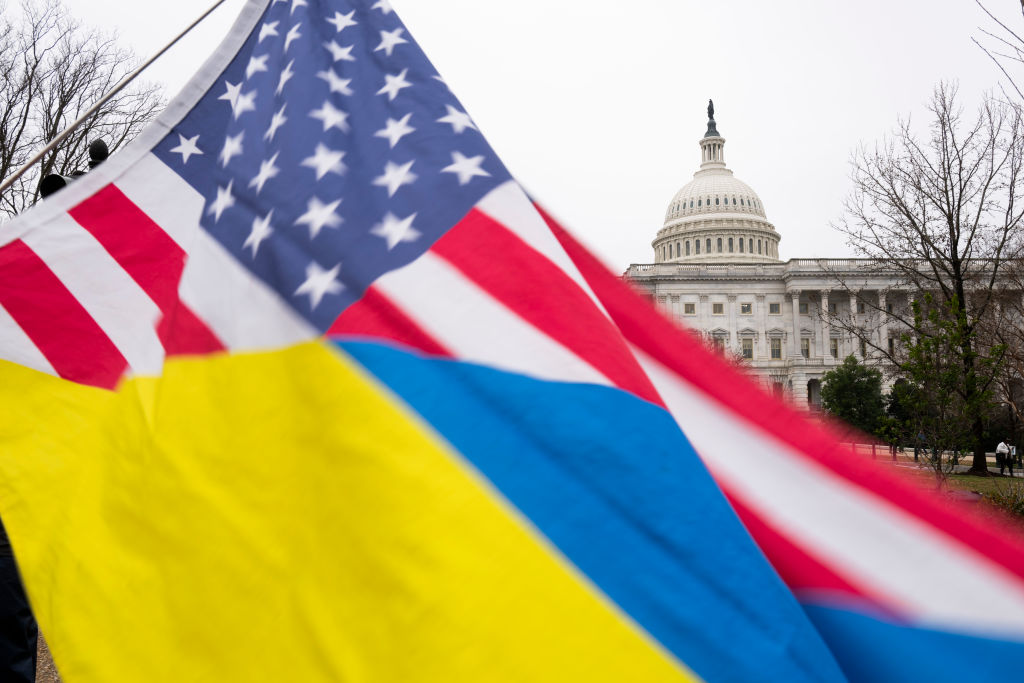
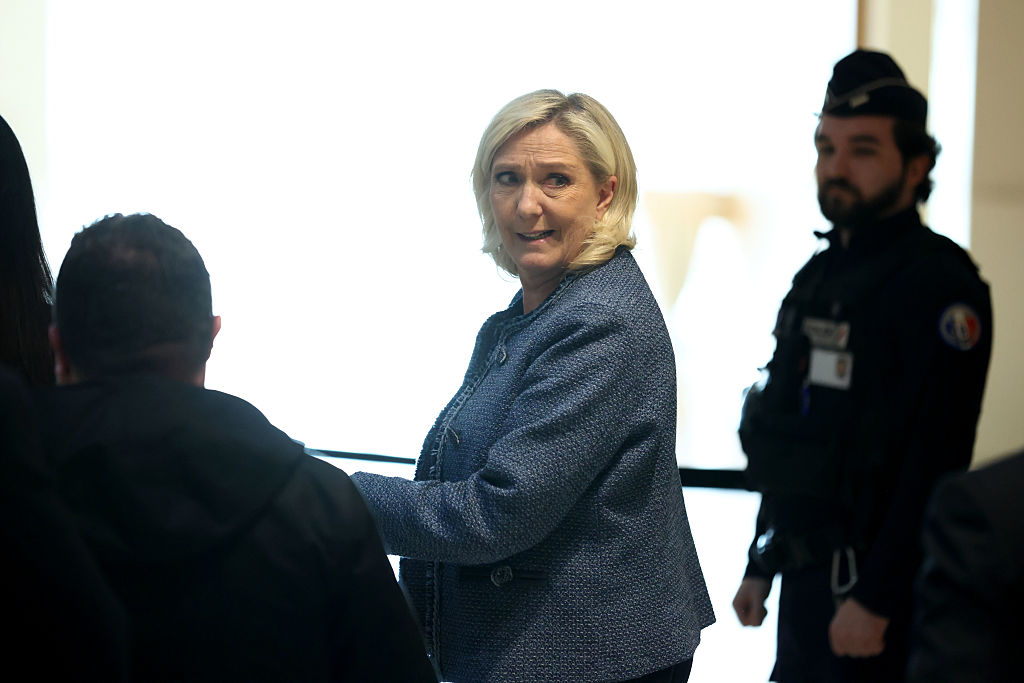
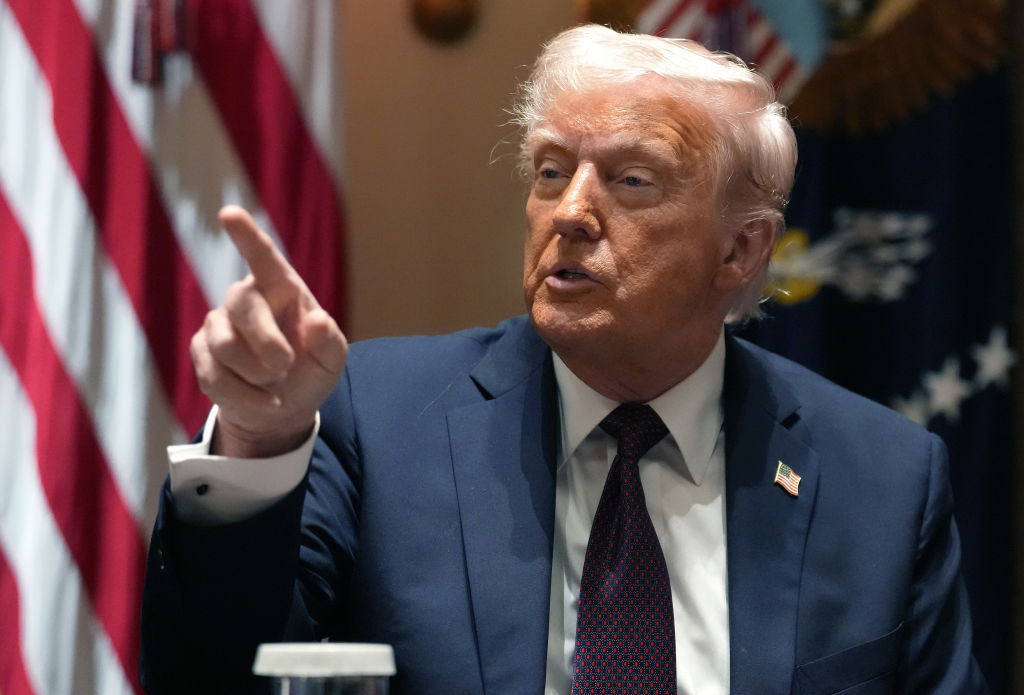

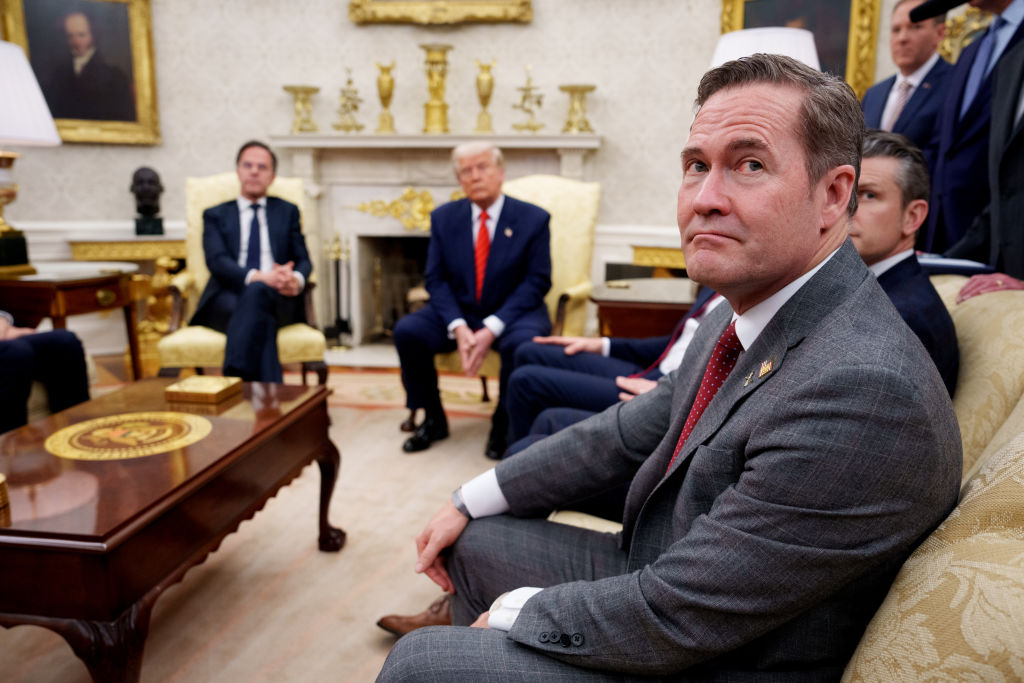







Leave a Reply